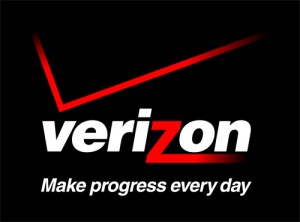
In the ongoing fight to curb illegal downloading of music, movies and other intellectual property, a new agreement between the music, movie and Internet Service Provider (ISP) industries will require ISPs to send written warnings to users participating in copyright infringement.
In the works for years, the agreement was forged between major entertainment organizations like the Record Industry Association of America (RIAA) and the Moving Picture Association of America (MPAA) and major ISPs like AT&T, Verizon and Comcast. The agreement is a graduated response system that leaves much of the content of the warnings up to the ISPs, as they will be responsible for crafting the letters to alleged infringers. Here is a breakdown of how the six “alerts” will work:
Alert One
A courtesy warning informing the subscriber they have violated infringement rights. This alert also will direct the user to sites where they can find authorized sources of content.
Alert Two
This warning is the same as alert one. ISPs have the option of skipping this warning and moving straight to alert three.
Alert Three
Similar to the first two, this alert also will force the recipient to give some kind of acknowledgement that the letter was received.
Alert Four
Also optional, this alert is exactly the same as alert three
Alert Five
Alert five is the first step that allows ISPs to use “mitigation measures,” which can include limiting bandwidth or directing users to a landing page informing them they must contact the ISP personally before being able to use the internet service.
Alert Six
The sixth alert is the one where ISPs are actually obligated to use the “mitigation measures” detailed in alert five.
After each of the alerts have been completed is most likely when the RIAA or MPAA would choose to sue the offender, and with the alert process in place they will have a paper trail documenting offenses, which would be hard to overcome in court. The biggest problem for ISPs (and the probable reason this agreement took so long to complete) is the Big Brother-ness part they play in monitoring users’ internet activity.
The agreement only focuses on users downloading illegal material, not those streaming it. But this occurs less than a month after the U.S. Judiciary Committee approved making illegal streaming of video over the internet a felony in most cases. Though that Act typically only applies to organizations streaming large numbers of videos illegally, it illustrates how quickly copyright laws change as the nature of the internet changes. The Commercial Felony Streaming Act currently is awaiting consideration by the Senate.

